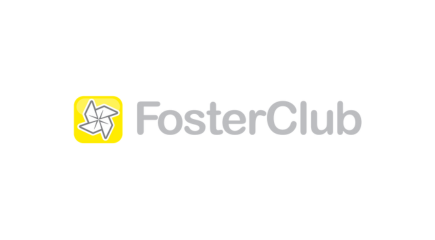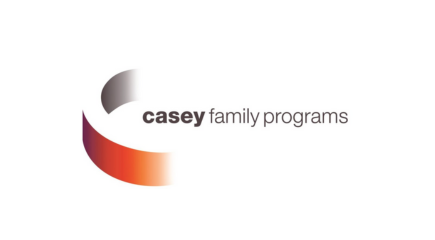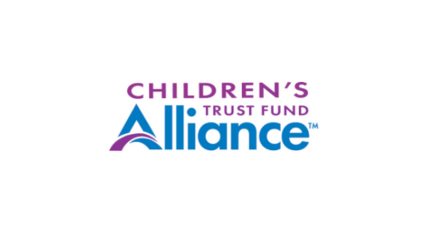Building Inclusive Foster Care: Why Training and Policy Matter for LGBTQIA+ Youth
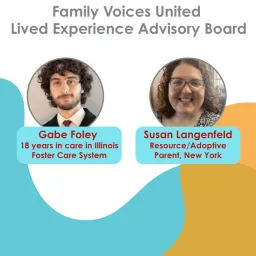
Every young person in foster care deserves a safe, affirming home where they are respected for who they are. For LGBTQIA+ youth in foster care, that support can be life-changing.
Unfortunately, many LGBTQIA+ youth still face discrimination, misunderstanding, or rejection. Real change comes when we combine strong policies with hands-on training for foster parents and professionals.
Members of the Family Voices United Lived Experience Advisory Board (LEAB) share why inclusive training matters and how policy can make systems truly safe.
The Realities for LGBTQIA+ Youth
Research from The Trevor Project shows that LGBTQIA+ youth especially trans and gender nonconforming youth face higher risks of depression, suicidal thoughts, and isolation.
One factor consistently makes a difference: supportive adults. (Source)

LEAB Member: Gabe Foley (he/him), 18 Years in Illinois Foster Care System
Gabe Foley, an LEAB member who spent 18 years in Illinois foster care, explains about LGBTQIA+ youth in foster care:
“We’re not speaking about an unfamiliar group. We’re speaking about humans who are discriminated against and just want to be loved. How can we support them and meet their needs?”
Gabe’s words remind us that LGBTQIA+ youth are not “issues” to fix, they're young people who need safe spaces, love, and inclusion.
Why Training Matters
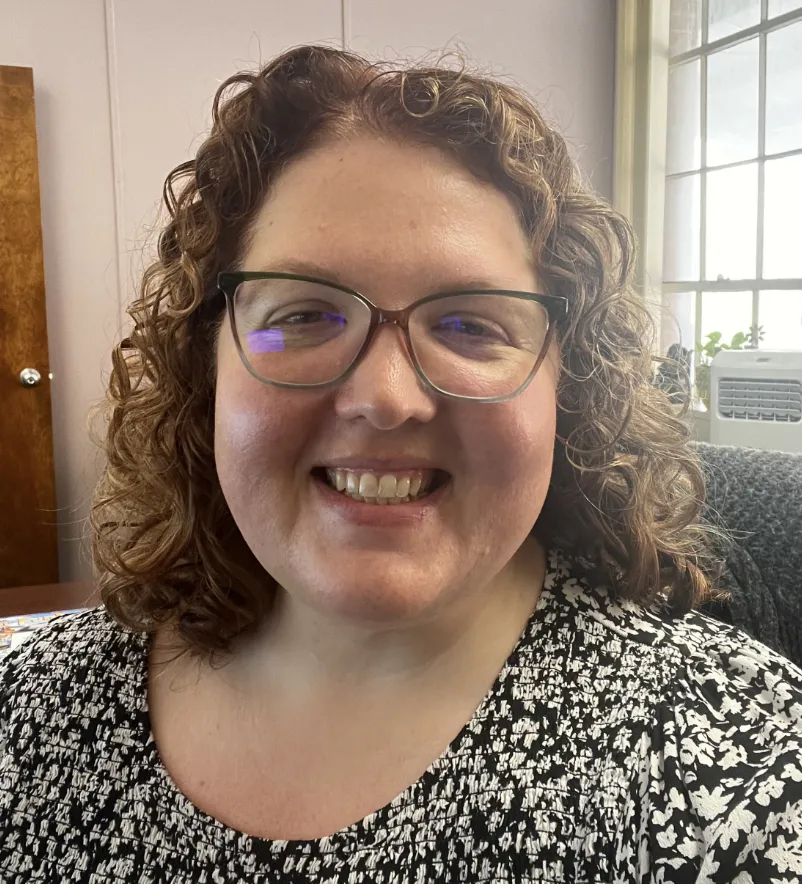
LEAB Member: Susan Langenfeld, Resource Parent, New York
Training gives foster parents and caregivers the knowledge and confidence to support LGBTQIA+ youth. It’s not just about words it’s about showing up fully for each child.
Susan Langenfeld, a resource parent from New York, shares:
“I took Safe Zone training about five years ago, and it’s clear that language and identity are always evolving. What matters most is showing up with full support whether a young person is healing from trauma or figuring out who they are.”
Programs like Safe Zone workshops help adults learn about gender, sexuality, pronouns, and inclusive language. With these tools, foster parents can create safe spaces where youth feel affirmed and valued.
Why Policy Matters
Training alone isn’t enough. Systems need strong, inclusive policies that back up what caregivers learn and hold people accountable.
An inclusive foster care system should:
- Protect against discrimination with clear rules and consequences.
- Require ongoing LGBTQIA+ training for caregivers and professionals.
- Affirm trans and nonbinary youth by respecting names, pronouns, and access to gender-affirming care.
- Support LGBTQIA+ foster and adoptive families with equitable resources.
- Use inclusive data to track gaps and improve services.
Policy creates the framework. Training brings it to life. Together, they shape a culture of fairness, belonging, and safety.
Training + Policy = Real Change
When foster parents are trained → youth feel safe and supported.
When caregivers gain confidence → communities grow stronger.
When policies reinforce those practices → systems become accountable and inclusive.
This combination is how we move from paper promises to real-world change happens."
How You Can Help
For Foster Parents & Caregivers
- Learn about LGBTQIA+ inclusive training and resources.
- Use affirming, inclusive language every day.
For Advocates & Allies
- Support leaders fighting for LGBTQIA+ rights in child welfare.
- Speak up when you see unfair treatment.
For Communities
- Amplify the voices of LGBTQIA+ youth and families.
- Build safe spaces where all youth know they belong.
Inclusion Should Be the Norm
Every LGBTQIA+ youth in foster care deserves to feel safe, valued, and respected. That doesn’t happen by accident it happens when:
Policies protect them,
Training equips caregivers, and Communities speak up.
One class, one policy, or one act of support can open the door to a safer, more inclusive world for a child who needs it most.
Take Action
- Share this blog to spread awareness.
- Subscribe to Family Voices United for more stories and resources.
- Explore partner organizations working to create inclusive foster care.
About Family Voices United
Family Voices United is a collaboration between FosterClub, Generations United, the Children’s Trust Fund Alliance, and Casey Family Programs. The project works to improve the child welfare system by listening to, and amplifying, the voices of people who have lived through it. When their experiences shape policy, we all move closer to a system that truly supports children and families.
Take action. Learn more. Share your story at familyvoicesunited.org

